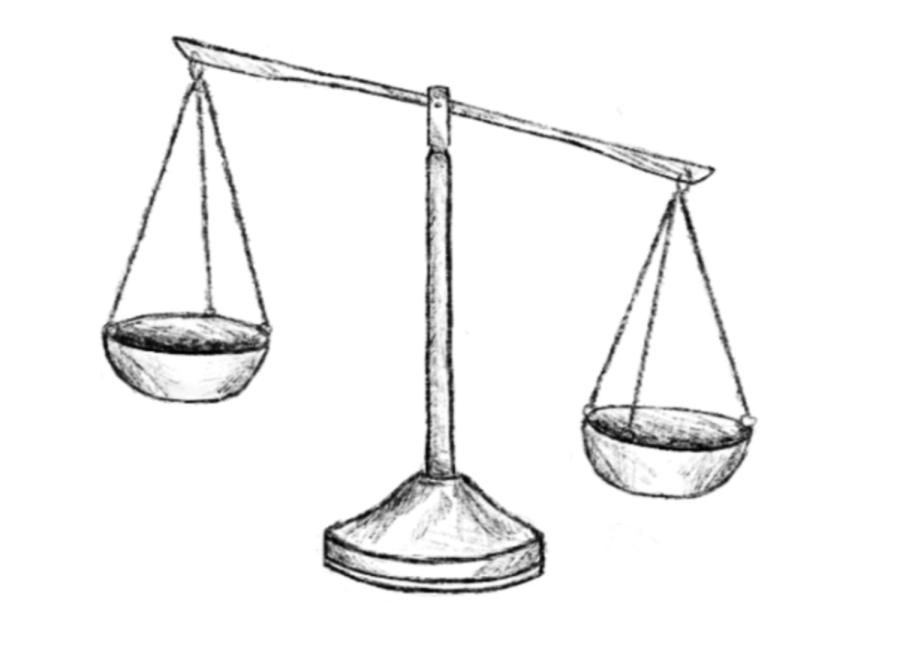Lessons From an Unqualified Ethicist
Using her own opinions and experiences, senior Cate Weiser answers a school-related ethical question from a CHS student.
Disclaimer: I am only 18 years old, and I have no professional or academic experience in “ethics.” The following answer stems from my personal opinions, which have been built by my experiences, the people around me and my own learning (and unlearning).
“Is it okay or not okay to walk out of class due to your principles conflicting with the material?”
What are “principles?” What does it mean to hold principles of your own? Where do those fundamental beliefs on which you base your morals, your decisions, your very way of life come from? When — if ever — is it okay to walk away from something that challenges those beliefs?
My answer: sometimes.
Personal principles can come from anywhere: In-school education, real-world experiences, your parents or friends. Principles also can hold different significance; for example, you can hold principles about your identity and political principles.
If the material — whether it be a reading or a class discussion — is upsetting enough to make you want to leave class, there are a few questions you must ask yourself:
One, is the material conflicting with an aspect of who you are? I would consider that to mean an innate piece of you: your religion, your race, your gender expression, to name a few. If it is and you don’t feel prepared to respond or process, then by all means set the reading down or step out of the room for a moment. You are not responsible for educating others or expressing your thoughts on something that conflicts with who you are. But if you are comfortable and willing, I would encourage you to consider doing so. The best way for others to learn is through as direct a source as possible.
Two, if the material does not conflict with those innate parts of you, then what principle does it conflict with? Is that principle an opinion? A preconceived notion? Where or who did the idea come from? These questions won’t necessarily be easy to answer, but they are important; you should work to understand why the material is upsetting to you. But, despite being upset, you should push yourself to remain in class. By leaving, you close yourself off from the opportunity to be educated, and to educate others.
When there is disagreement, there is always the opportunity to learn, educate and change. A conversation about upsetting material may help you see a different perspective that you never would’ve. It may help someone else see a different perspective or it may affirm your principles in a new way.
At CHS, we are relatively sheltered. Classes are taught in a way where we receive warnings on upsetting material and that material is used for carefully facilitated discussion. If you do leave, make sure you understand why. But if you can stay in class, stay. Sharing your principles and why you have them is crucial. Hearing the principles others hold is also crucial and will be essential for succeeding outside of our bubble of a high school and town. That is the best way to learn. That is the best way to make change. That is the best way to grow as a society.










